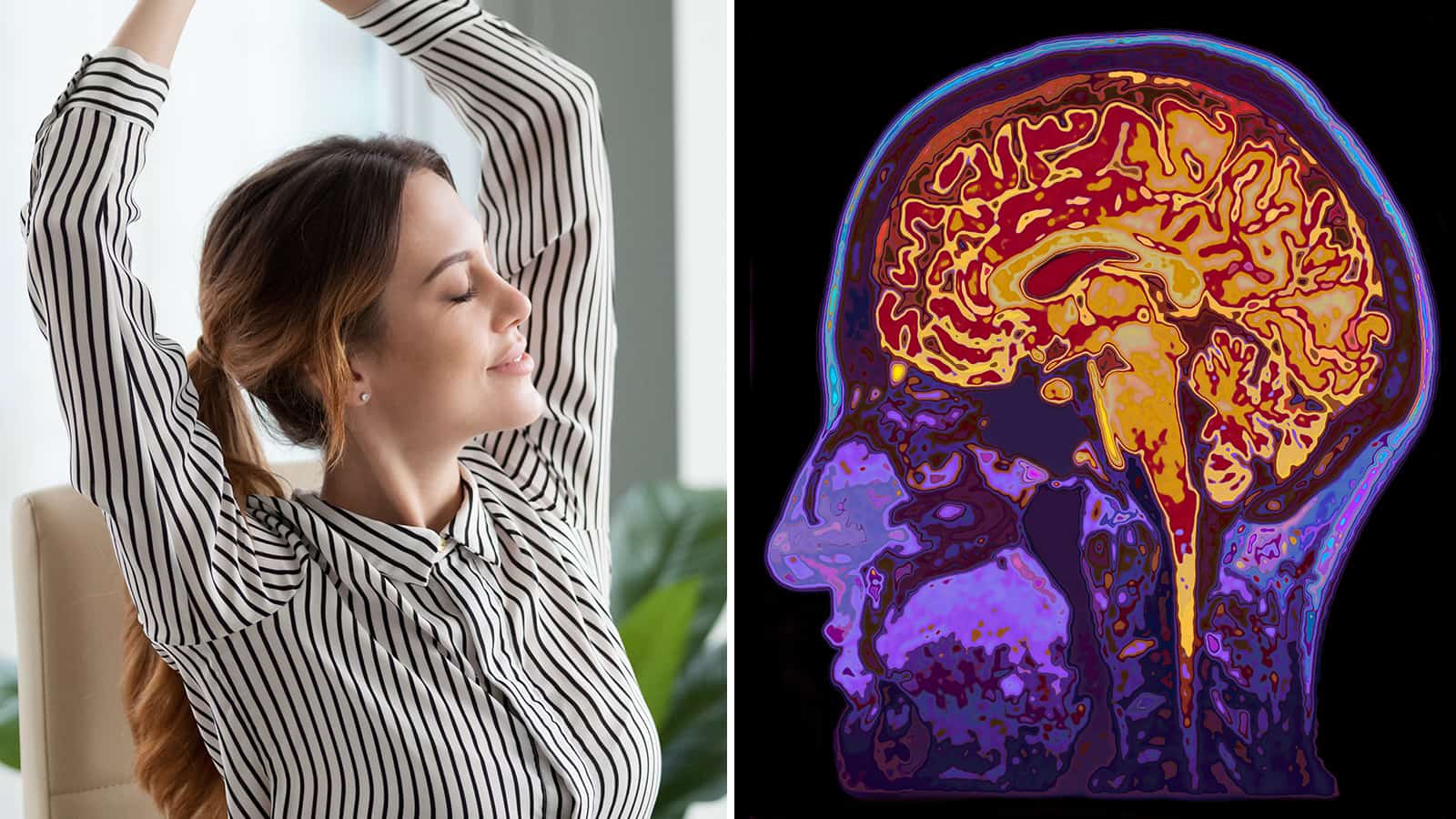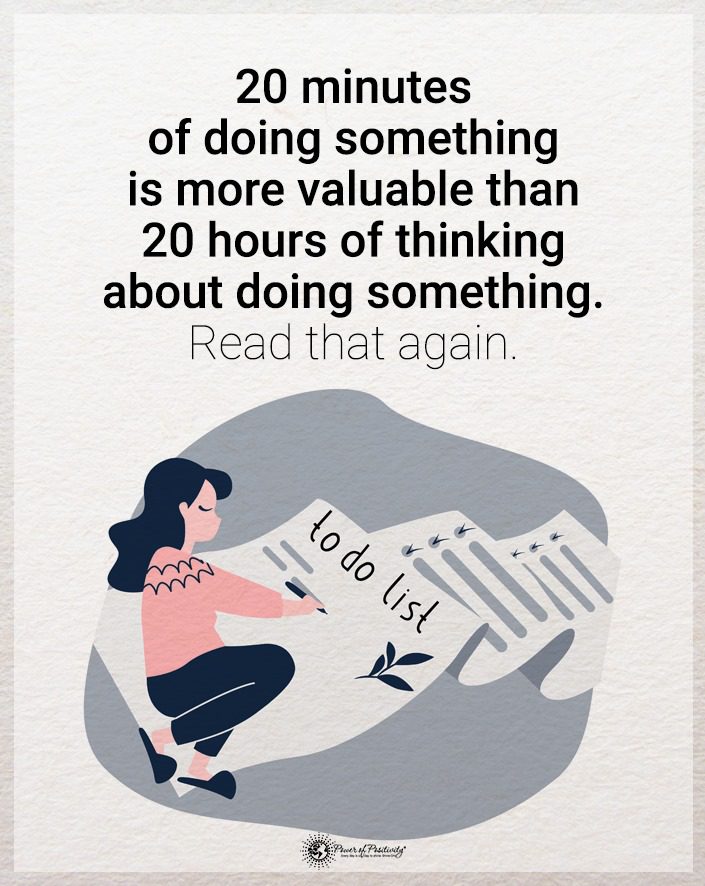Researchers at Simon Fraser University discovered that having an active mind reduces dementia risk. The team found that older adults who engage in mentally stimulating activities have improved cognition.
Hobbies that benefit the elderly include light exercise, spending time with loved ones, and doing puzzles. Anything that promotes an active mind helps reduce cognitive and memory decline in adults aged 65 and 89. Also, they discovered that a combination of activities helps more than any single activity.
The scientific journal Aging first published these findings on December 16, 2021. The study revealed that, as people age, the impact of keeping the mind engaged in several activities increased. Having hobbies impacted cognitive health even more than education level or memory.
Study Confirms How an Active Mind Is Key to Avoiding Dementia
The researchers analyzed the National Institute on Aging’s Health and Retirement Study data. This dataset included 3,210 participants between the ages of 65 and 89. Researchers asked the participants how often they engaged in 33 different activities, with the following choices:
- never;
- at least once a month;
- several times a month, or;
- daily
Next, the team created a machine learning model to investigate how the activities affected memory. Activities included baking or cooking, playing cards, and other games, reading, and walking for 20 minutes. Socializing with family and friends over emails, phone calls, or in-person communication was another option.
“Our study results show that cognitive decline can be reduced through a combination of active, daily activities — things like using a computer and playing word games,” says study co-author Sylvain Moreno, an associate professor at SFU’s School of Interactive Arts and Technology (SIAT) and CEO/scientific director of the Digital Health Circle, based at SFU.
“Scientists believed that genetics were the main factor influencing cognitive health, but our findings show the reverse. With age, your choice of daily activities is more important than your genetics or your current cognitive skills,” Moreno adds.
Socializing and Other Activities Promote Active Mind in Elderly
The researchers suggest their findings could have important implications for aging health policies. For example, doctors and health officials could promote socialization programs to ensure the elderly have an active mind.
Social prescribing means informing the elderly about various activities in their local communities, like art classes, gardening, or volunteering.
Older adults have a higher risk of developing dementia and other neurodegenerative disorders due to their age. Currently, no cures exist for these disorders, so it’s important to follow prevention measures and maintain an active mind.
“Today, around 55 million people have dementia, and this number will almost triple by 2050 with an aging population,” says Moreno. “Care for patients with dementia is challenging, labour-intensive, and chronic, which generates high costs for health systems.”
This research highlights the need for prevention measures and social prescribing to ensure adults keep an active mind as they age.
Other Ways to Prevent (or Slow) Dementia
According to Alzheimer’s.gov, you can reduce your risk of developing dementia by:
1 – Managing high blood pressure.
High blood pressure, or hypertension, can strain the heart, blood vessels, and brain. It also increases stroke and vascular dementia. You can lower blood pressure with medication, exercise, and avoid smoking, all of which may reduce dementia risk.
2 – Keeping blood sugar under control.
High glucose levels can cause diabetes and increase the risk of other diseases such as cognitive impairment and dementia. You can manage blood sugar naturally by eating a balanced diet, exercising, and quitting smoking.
3 – Managing your weight.
Being overweight or obese increases the risk for many health problems, including dementia. Researchers believe inflammation may contribute to dementia risk, but more studies are necessary.
4 – Eating a balanced diet.
Aim for a mix of fruits and vegetables, whole grains, lean meats and seafood, unsaturated fats such as olive oil, low-fat or nonfat dairy products, and limit other fats and sugars.
5 – Engaging in physical activity.
Exercise offers many benefits to health, such as weight loss, muscle building, and mental benefits. Physical activity can help ward off anxiety and depression, contributing to an active mind. Try to get at least 150 minutes of moderate to intense exercise weekly.
6 – Prioritizing sleep.
In today’s world, millions of people don’t get enough sleep. This fatigue causes mental and physical health problems, such as obesity, sleep apnea, depression, and other disorders. It can also contribute to dementia since sleep deprivation causes cognitive decline. Aim for seven to eight hours of sleep per night.
7 – Engage in active mind activities.
We saved the best one for last. One study published in the Journal of Alzheimer’s Disease involved a randomized controlled trial of 60 adults. Researchers found that a specific type of meditation called Kirtan Kriya helped improve cognitive functioning in older adults. Areas of the brain that improved included executive function, attention, processing speed, and memory function.
Maintaining an active mind doesn’t just help older adults – it’s vital for all age groups. Stress levels have risen to an all-time high recently, leading to cognitive impairment. Make sure to keep your stress low by simplifying your life, meditating, and making time for hobbies. We can all do our part to create a healthier world by becoming more inwardly balanced.
Now, more than ever, it’s essential to check on your loved ones and socialize with them if possible. Staying connected in times of stress not only promotes an active mind but provides comfort as well.
Final Thoughts on Study Showing That an Active Mind Lowers Dementia Risk
Being mentally and physically active can help ward off dementia risk, according to a new study. Especially in older adults, it’s crucial to have support networks and hobbies to keep an active mind. Sadly, many elderly Americans suffer from loneliness, which can exacerbate mental illnesses and dementia.
If you have an elderly neighbor or parent, make sure to check on them often. The study found that older adults greatly benefit from socialization, as it stimulates brain function. Also, exercise, proper sleep, a balanced diet, and hobbies such as puzzles promote an active mind.
















 Community
Community

